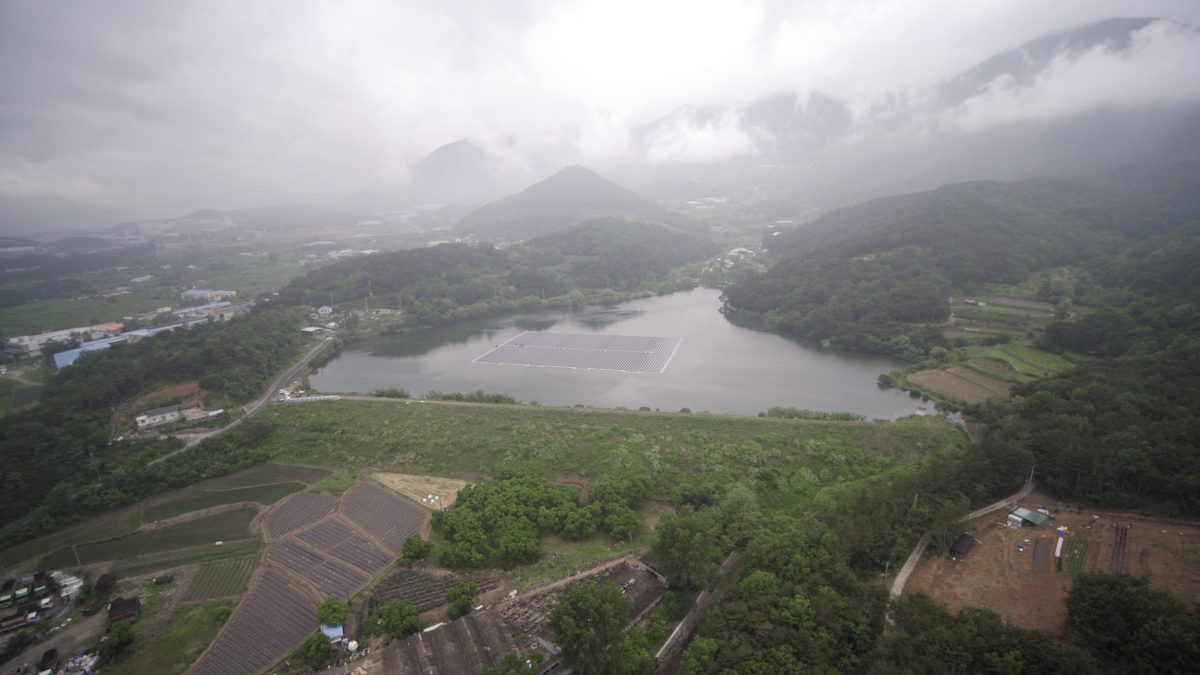Some 63 South Korean entities have filed a lawsuit at the country’s constitutional court alleging subsidies for biomass projects are unconstitutional.
The plaintiffs, which include 27 solar companies, claim the majority of “wood-burning” biomass facilities are fueled with wood pellets co-fired with coal in older power plants and point out the country had to temporarily suspend operations at a quarter of its coal-fired power plants last year to combat air pollution.
“Data from the plant operators themselves show that biomass plants can emit even more air pollution per megawatt-hour than coal plants, yet the Korean government is increasingly dependent on bioenergy to meet our renewable energy goals, stunting the growth of vital zero-emissions technologies like solar power,” said Joojin Kim, MD of Seoul-based non-profit Solutions For Our Climate.
A decision on the case is expected within two years
The solar companies claim bioenergy projects, including biomass and biogas, received nearly 40% of the renewable energy certificates (RECs) issued by the South Korean government under its renewable portfolio standard (RPS) scheme between 2014 and 2018, more than any other renewable energy source. RECs can be sold to power companies unable to otherwise fulfill their renewable energy requirements, on a market basis.
Under the Korean RPS, solar generation capacity in South Korea grew from 1,024 MW in 2012 to 11,768 MW last year and around 90% of the solar capacity added from 2014-16 secured RECs. Between 2012 and last year, Korea's biomass capacity rose from 100 MW to 1.5 GW. Biomass-powered electricity rose from 106,023 in 2012 to 6,490,437 MWh in 2018.
The renewable portfolio standard, introduced in 2012, requires utilities with at least 500 MW of power generation capacity to provide a percentage of their electricity from renewables – a definition which encompasses solar, wind, biomass, biogas, waste-to-energy, landfill gas, tidal, hydro and integrated gasification combined cycle technology.
With power companies currently required to source 7% of their electricity from clean energy, failure to meet the quota is penalized by 150% of the cost of the REC shortfall. The RECs issued to renewable energy producers in Korea carry different weights, depending on the technology used.
This content is protected by copyright and may not be reused. If you want to cooperate with us and would like to reuse some of our content, please contact: editors@pv-magazine.com.




3 comments
By submitting this form you agree to pv magazine using your data for the purposes of publishing your comment.
Your personal data will only be disclosed or otherwise transmitted to third parties for the purposes of spam filtering or if this is necessary for technical maintenance of the website. Any other transfer to third parties will not take place unless this is justified on the basis of applicable data protection regulations or if pv magazine is legally obliged to do so.
You may revoke this consent at any time with effect for the future, in which case your personal data will be deleted immediately. Otherwise, your data will be deleted if pv magazine has processed your request or the purpose of data storage is fulfilled.
Further information on data privacy can be found in our Data Protection Policy.